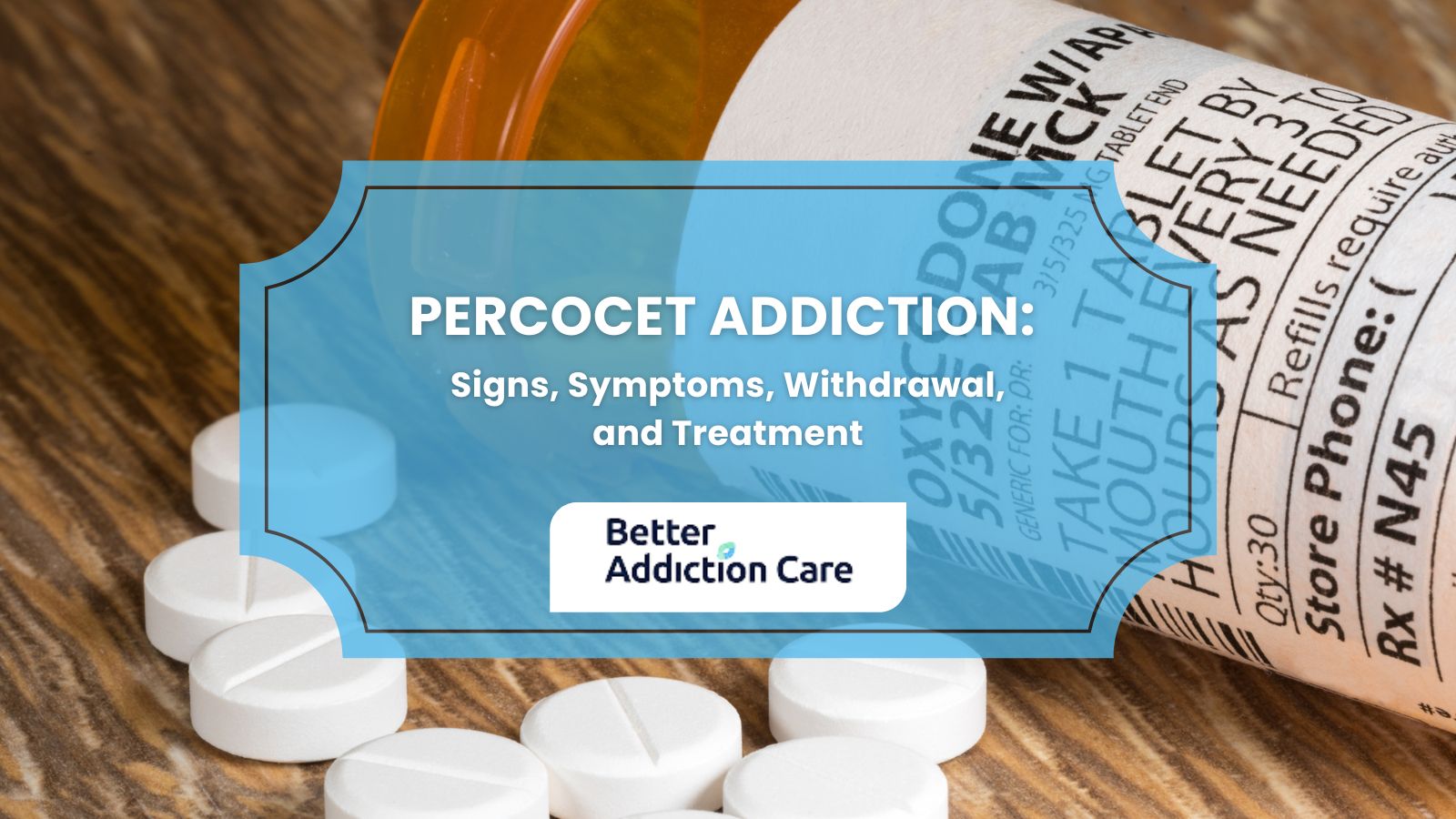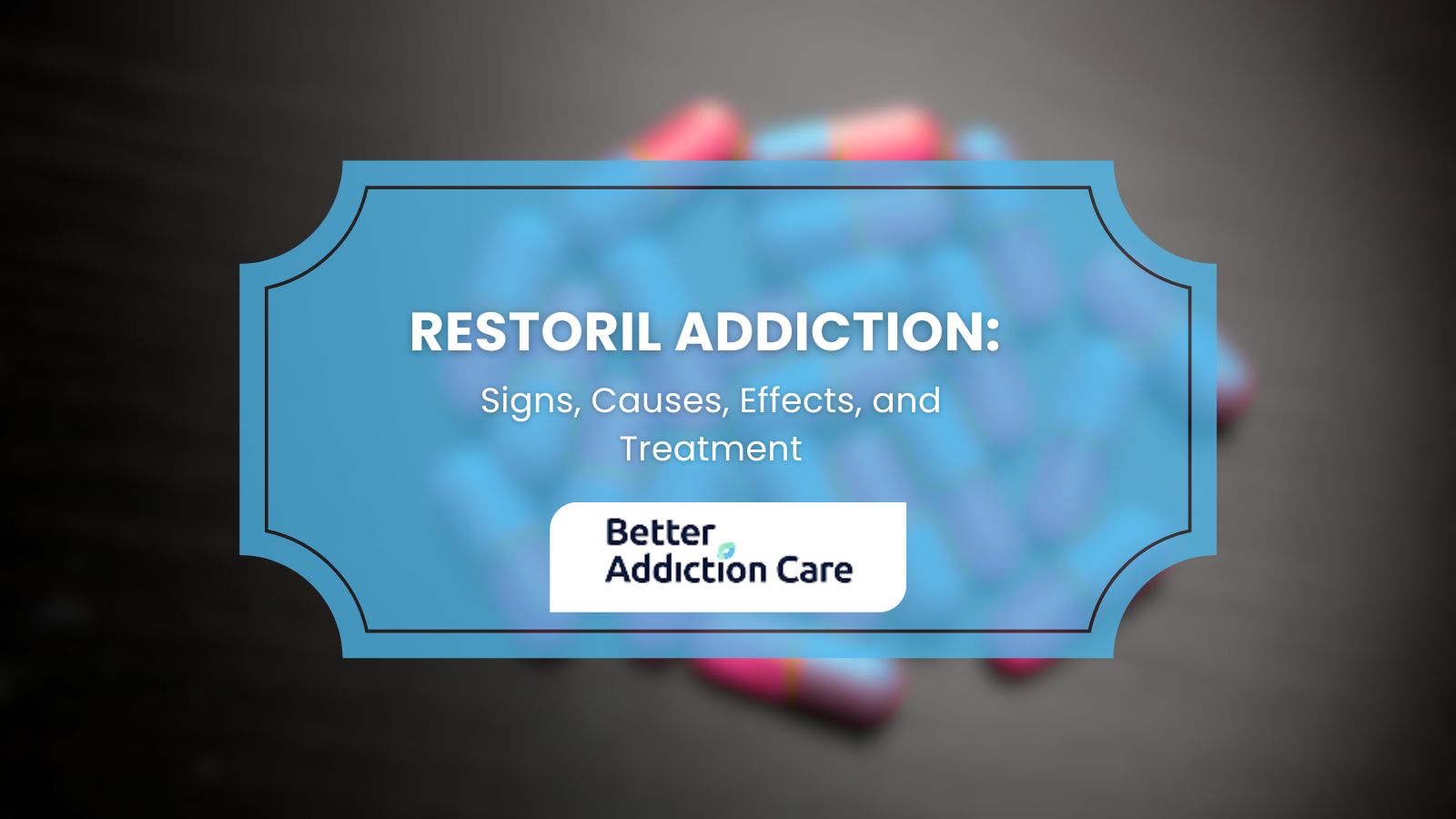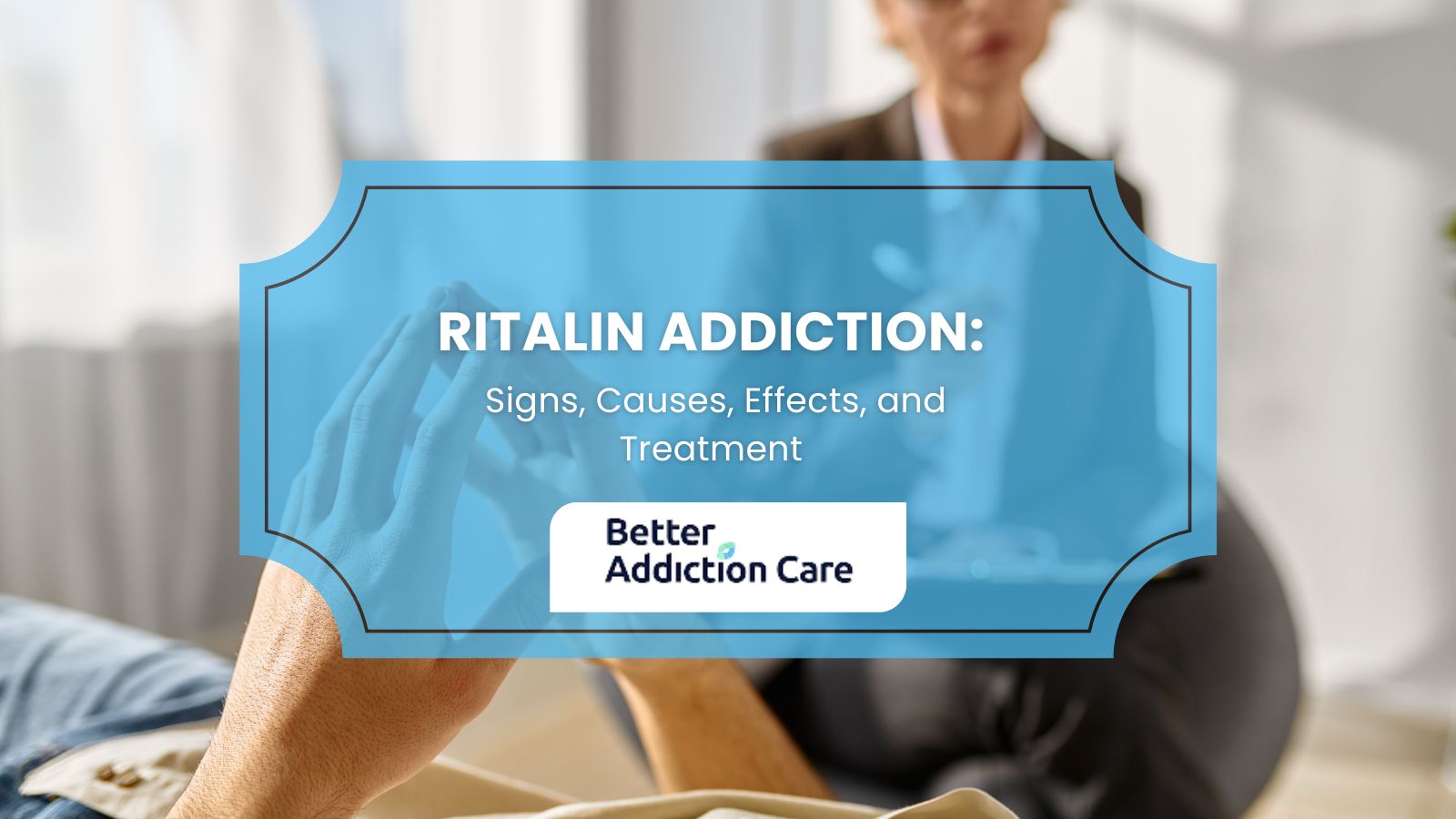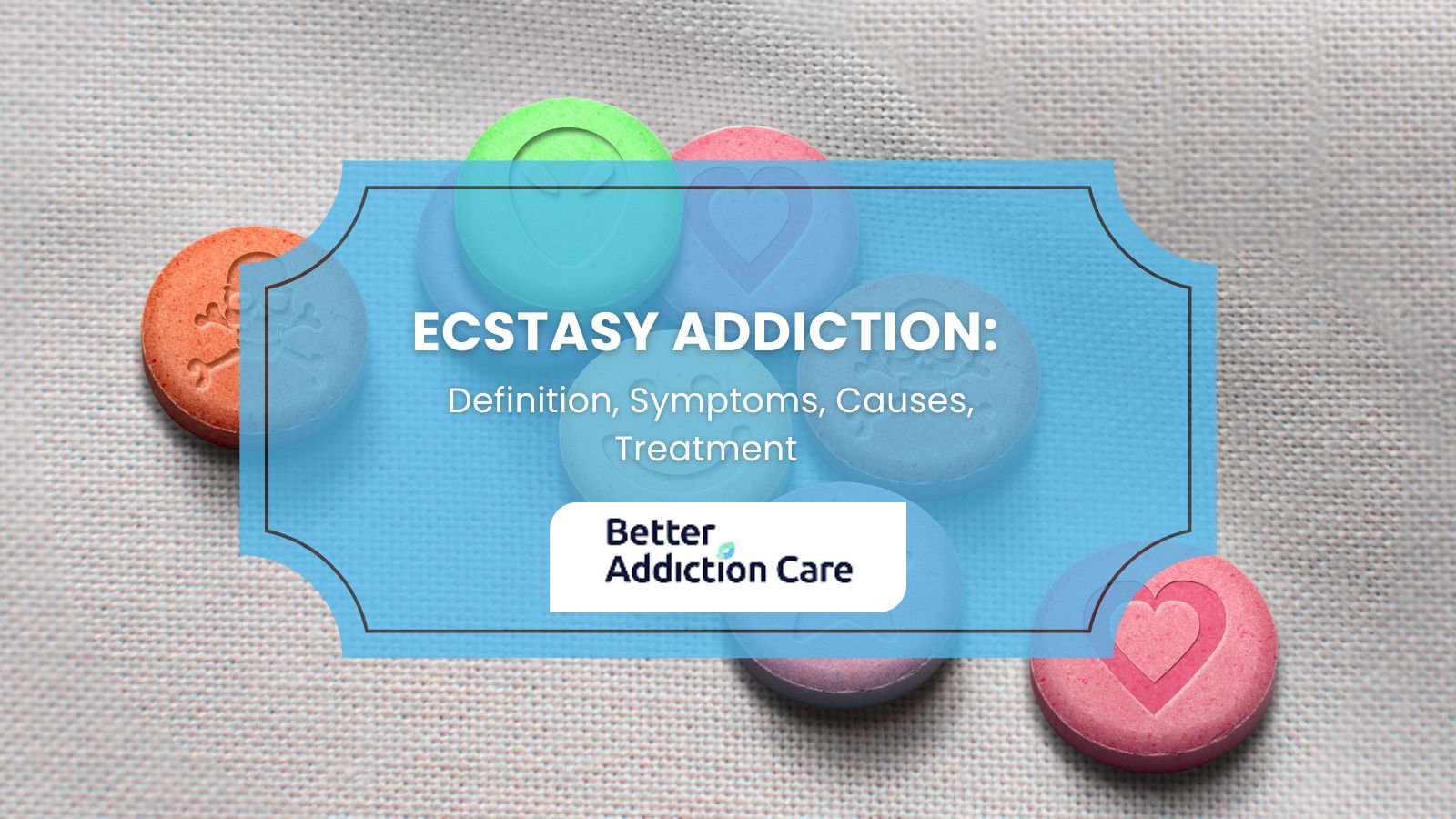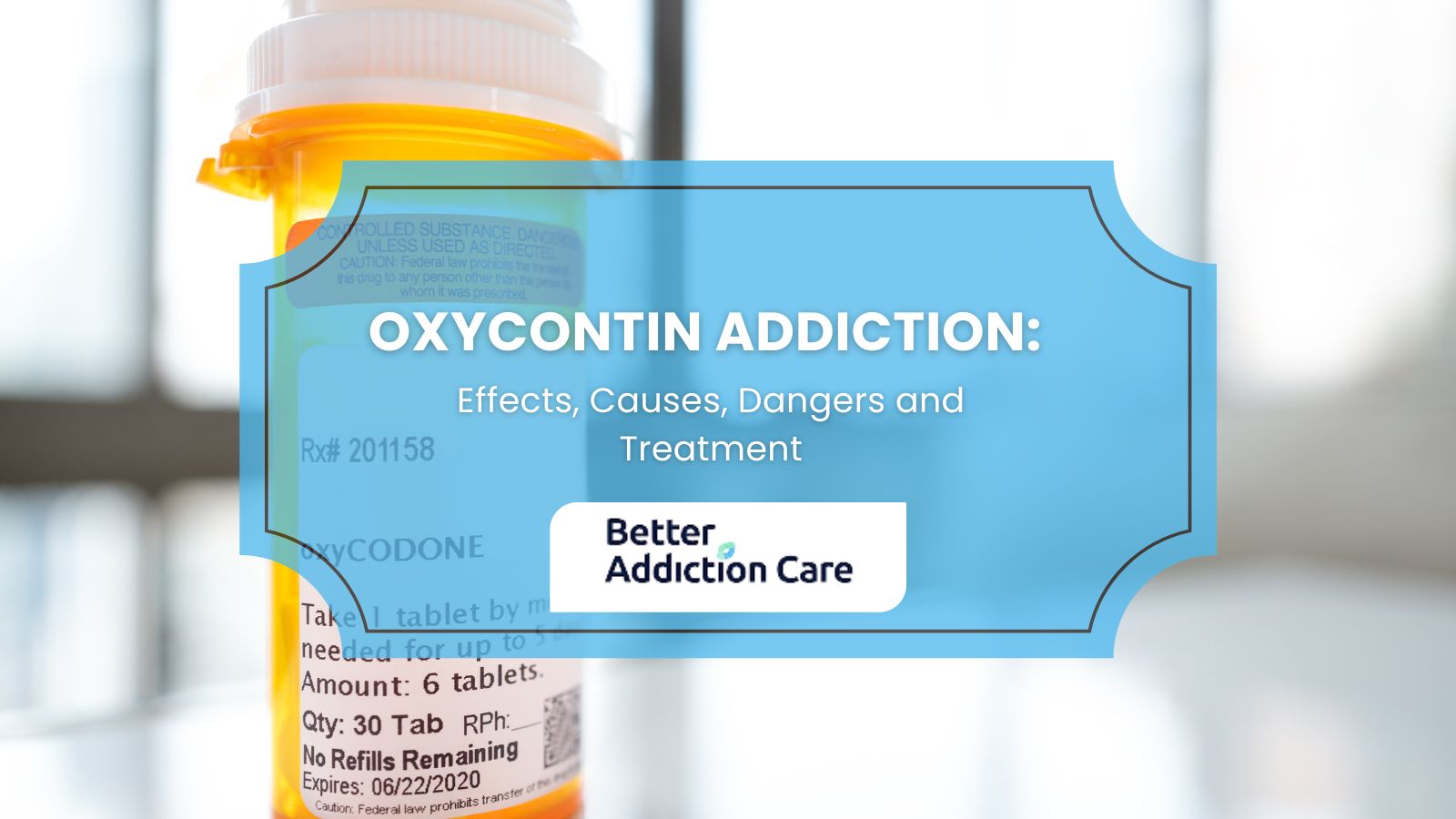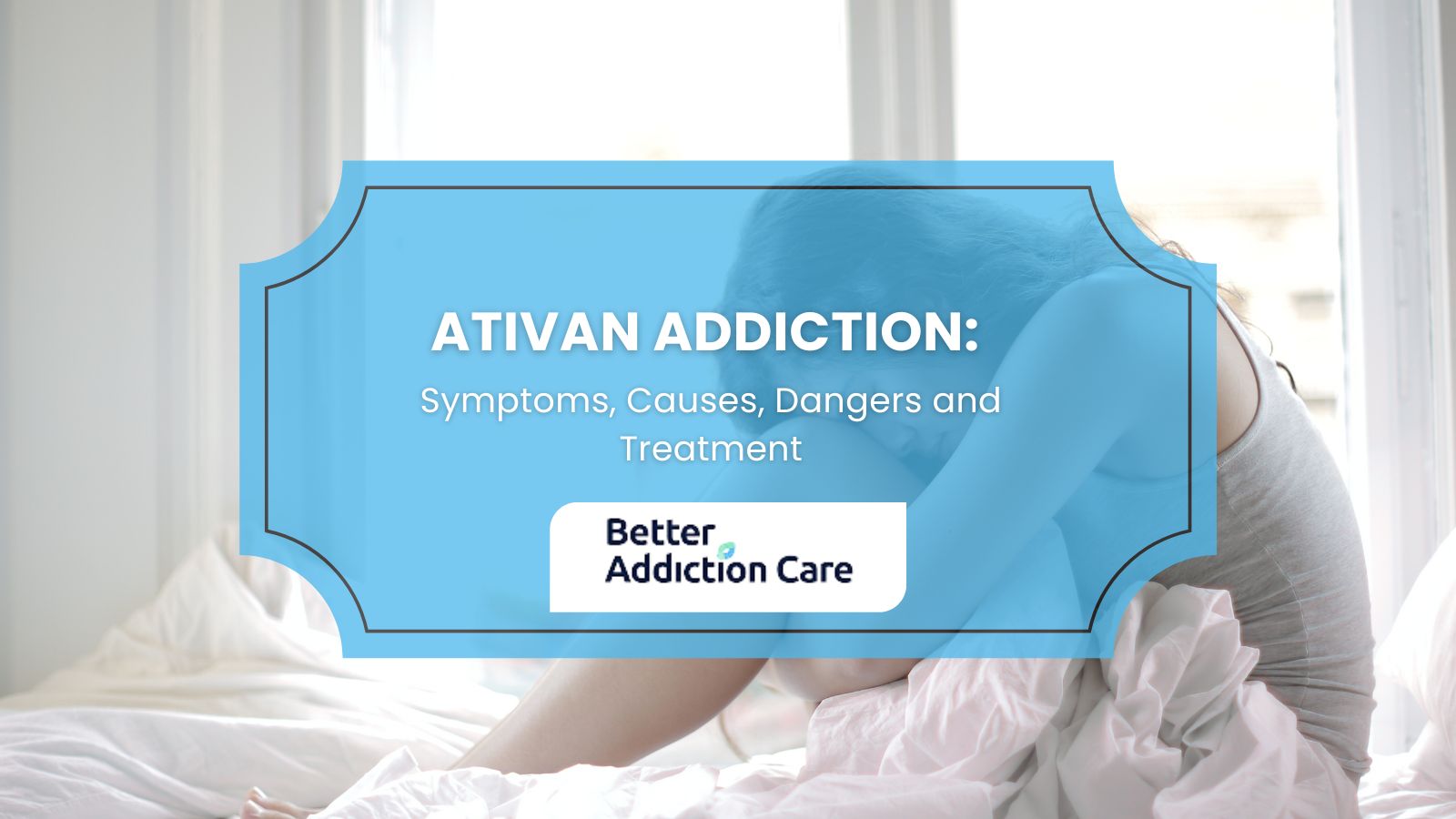
Overview
FL United Methodist Children's Home is a mental health treatment center for people seeking treatment near Volusia County. As part of their treatment modalities for recovery, FL United Methodist Children's Home provides couples/family therapy, group counseling, and cognitive behavioral therapy during treatment. FL United Methodist Children's Home is located in Deltona, Florida, accepting cash or self-payment for treatment.
FL United Methodist Children's Home at a Glance
Payment Options
- Cash or self-payment
- Medicaid
- State-financed health insurance plan other than Medicaid
- Private health insurance
- State mental health agency (or equivalent) funds
Assessments
- Comprehensive mental health assessment
Age Groups
- Young adults
- Children/adolescents
- Seniors
Ancillary Services
- Court-ordered outpatient treatment
- Education services
- Family psychoeducation
- Psychosocial rehabilitation services
- Suicide prevention services
Highlights About FL United Methodist Children's Home
6.71/10
With an overall rating of 6.71/10, this facility has following balanced range of services. Alcohol Rehabilitation: 8.00/10, Drug Rehab and Detox: 6.00/10, Insurance and Payments: 6.00/10, Treatment Options: 6.85/10.-
Alcohol Rehabilitation 8.00
-
Treatment Options 6.85
-
Drug Rehab and Detox 6.00
-
Insurance and Payments 6.00
Treatment At FL United Methodist Children's Home
Treatment Conditions
- Mental health treatment
Care Levels
- Hospital inpatient treatment
- Outpatient
Treatment Modalities
- Couples/family therapy
- Group counseling
- Cognitive behavioral therapy
- Dialectical behavior therapy
- Activity therapy
Ancillary Services
Languages
- Sign language services for the deaf and hard of hearing
- Spanish
- Other languages (excluding Spanish)
- French
Special Programs
- Criminal justice (other than DUI/DWI)/Forensic clients
- Clients who have experienced trauma
- Children/adolescents with serious emotional disturbance (SED)
- Persons with post-traumatic stress disorder (PTSD)
- Persons 18 and older with serious mental illness (SMI)
Contact Information
Read our Most Recent Article About Drug Addiction
DISCLAIMER: The facility name, logo and brand are the property and registered trademarks of FL United Methodist Children's Home, and are being used for identification and informational purposes only. Use of these names, logos and brands shall not imply endorsement. BetterAddictionCare.com is not affiliated with or sponsored by FL United Methodist Children's Home.
